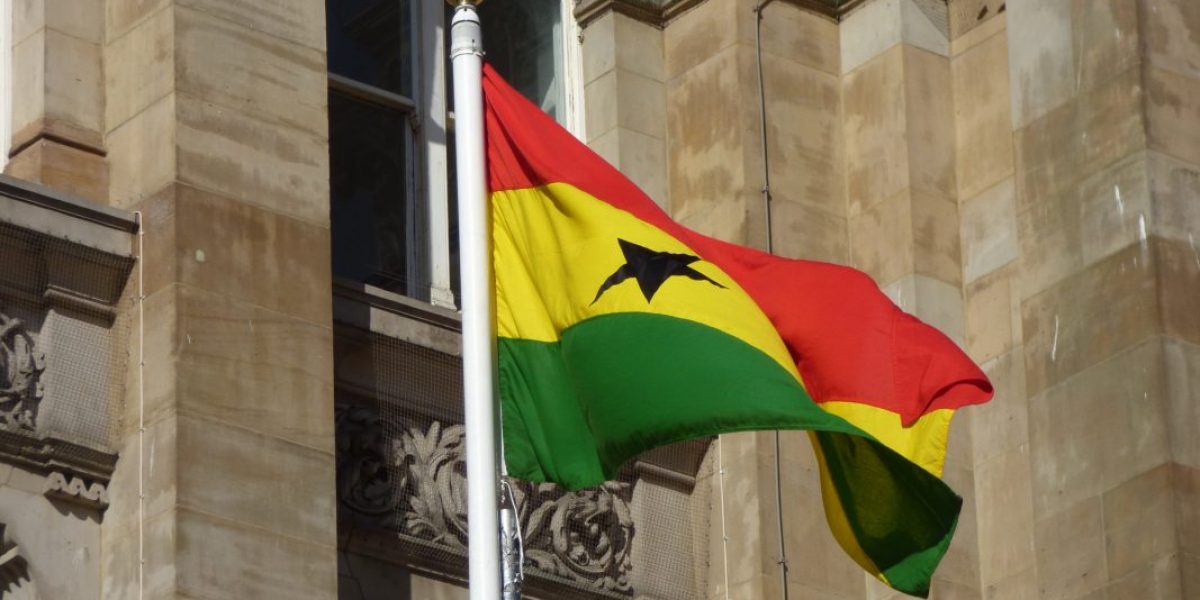In an attempt to purge the private voluntary sector of alleged graft, the government has ordered all non-governmental organisations to register with the Registrar General and submit annual reports and financial statements by the end of April 2004 or risk being black-listed.
‘This is not a crackdown on NGOs,’ said Kojo Amoakwe, chief director in the Ministry of Manpower, Development and Employment. ‘We want an NGO sector which is credible, transparent and accountable, not one which squanders money it is given by overseas donors and the government. Now if an organisation does not provide the ministry with its annual reports, it will not be able to operate in Ghana.’
People in the sector are doubtful. ‘Now the perception is that government wants to intimidate and manipulate NGOs and that government is trampling on their rights. There is a lot of unpleasantness,’ said Charles Abbey of the Ghanaian Association of Private Voluntary Organisations in Development.
The battle between Ghana and its private organisations is important. Civil society has an integral role to play in ensuring the transparency and credibility of the peer review process. If the government’s crackdown undermines civil society’s ability to participate in the review process, an unfortunate precedent could be set.
NGOs specialising in everything from development to human rights, a fixture in Africa since the 1960s, have proliferated quickly since the early 1990s as more and more countries adopted multiparty reforms. Despite the good that many do, they sometimes draw local ire for their ubiquitous 4x4s or, as many critics say, for deepening a culture of dependence.
Some 3,000 foreign and local NGOs operate in Ghana. The government alleges that many HIV/AIDS organisations, which were given funds by the Ghana AIDS Commission to run education and counselling programmes, either disappeared or spent the bulk of their money on administrative issues.
‘Some used 80% of the money for administration and only 20% for the project they were to run,’ Amoakwe said. ‘This is what we don’t want repeated.’
Sakyia Amoa, the director general of the Ghana Aids Commission, disputes this claim. ‘This is an exaggeration and creates the wrong perception of HIV/AIDS organisations in Ghana,’ he said. ‘We are not just dishing out money.’
The AIDS Commission distributed money to 2,700 civil society movements. Last year, Amoa said, the spending patterns of 609 organisations in Ghana’s southern region, which were the first to receive money in 2002, were scrutinised. The commission found that 17 had ‘misapplied’ the money, using most of the funds for operational expenses like salaries, office supplies and premises instead of intervention programmes. Those organisations were asked to return the funds, totalling roughly $273,700. Eleven have done so.
Tension between the Ghanaian government and civil society has, in fact, been mounting over the past four years over the absence of a national policy to regulate the sector. At present nongovernmental organisations in Ghana operate as companies.
Kumi Naidoo, the secretary general of Civicus, an international alliance of 600 organisation in 110 countries, said it is imperative that there is a clear distinction between NGOs and businesses. There is a dire need, he argues, for a political framework in every country which would outline the role of NGOs and their relationship to government.
In 2000, civil society movements drafted a National Policy for Strategic Partnerships. It called for a national council for NGOs that would be able to evaluate, monitor and regulate the sector and even weed out corrupt organisations. Four years later, the government has neither responded nor instituted an NGO policy. ‘Government is not going to let NGOs dictate to us,’ Amoakwa explained. ‘We are working on our own policy.’
Civil society movements can be the traditional voice of dissent and provide services that governments struggle to offer. But many governments, said Barney Afako of Justice Resources in Uganda, are very hostile to nongovernmental organisations.
In the early 1990s, as Eritrea gained independence from Ethiopia, the new government kicked almost all foreign groups out. Many are now back, but the relationship remains awkward. Zimbabwe’s Private Voluntary Organisations Act gives the minister of public service, labour and social welfare powers over accounts, source of funding and other issues relating to NGOs.
‘The perception that civil society is corrupt is a view held by governments around the world,’ Naidoo said. ‘But the reality is that NGOs which do not deliver perish. This is an important feature which governments fail to acknowledge. The simple fact is that NGOs are accountable to their donors and if they do not deliver the goods they will not be funded.’







